South Sudan
The top United Nations aid co-ordinator on Monday lent his weight to major powers stepping up sanctions on South Sudanese leaders with possible asset freezes and travel bans, to bring all sides to the negotiating table to end the five-year conflict.
Mark Lowcock, U.N. emergency relief co-ordinator, said sanctions should target “military formations and the men with guns”.
‘‘There’s lots of concerns about how various parties in the conflict are enriching themselves through South Sudan’s oil and gold and teak and you know its other natural resources and lots of concerns that a lot of South Sudan’s wealth is being held outside the country”, Lowcock added.
The U.N. Security Council voted on Thursday May 31 to renew some sanctions on South Sudan through mid-July and to consider imposing travel bans and asset freezes on six South Sudanese leaders if the country’s conflict does not stop by June 30.
Lowcock said South Sudan’s naturals resources and wealth were in danger as war parties are “enriching themselves through South Sudan’s oil and gold and teak”.
Despite kidnappings, murders and looting, aid workers would stay in the country, he said, where 7 million people are reliant on humanitarian assistance for survival.
Lowcock warned that South Sudan was “the world’s most dangerous place to be an aid worker” saying one hundred have lost their lives since 2013, adding that the government must take its responsibility and hold accountable the perpetrators.
Reuters




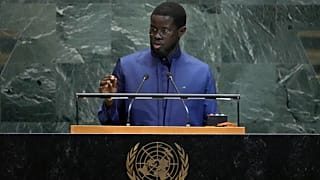
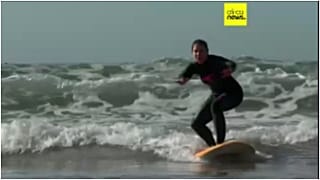
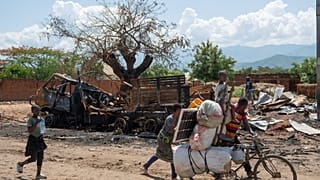
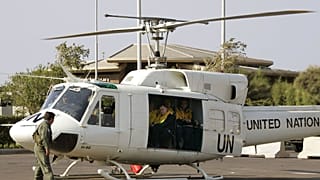
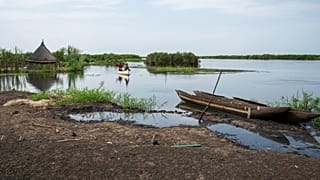
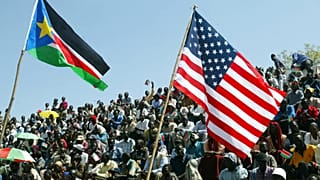
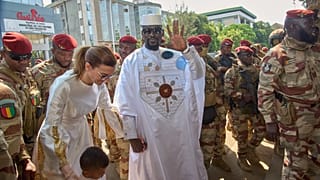
01:14
UK sanctions four senior RSF commanders over atrocities in Sudan
02:01
Sudan: RSF capture of Heglig threatens South Sudan's oil exports
01:09
EU sanctions Sudan RSF leader over war crimes
Go to video
EU sanctions top Sudan paramilitary chief over Darfur abuses
Go to video
UN Security Council adopts draft resolution extending Yemen sanctions for another year
00:03
US to end Temporary Protected Status for South Sudanese nationals